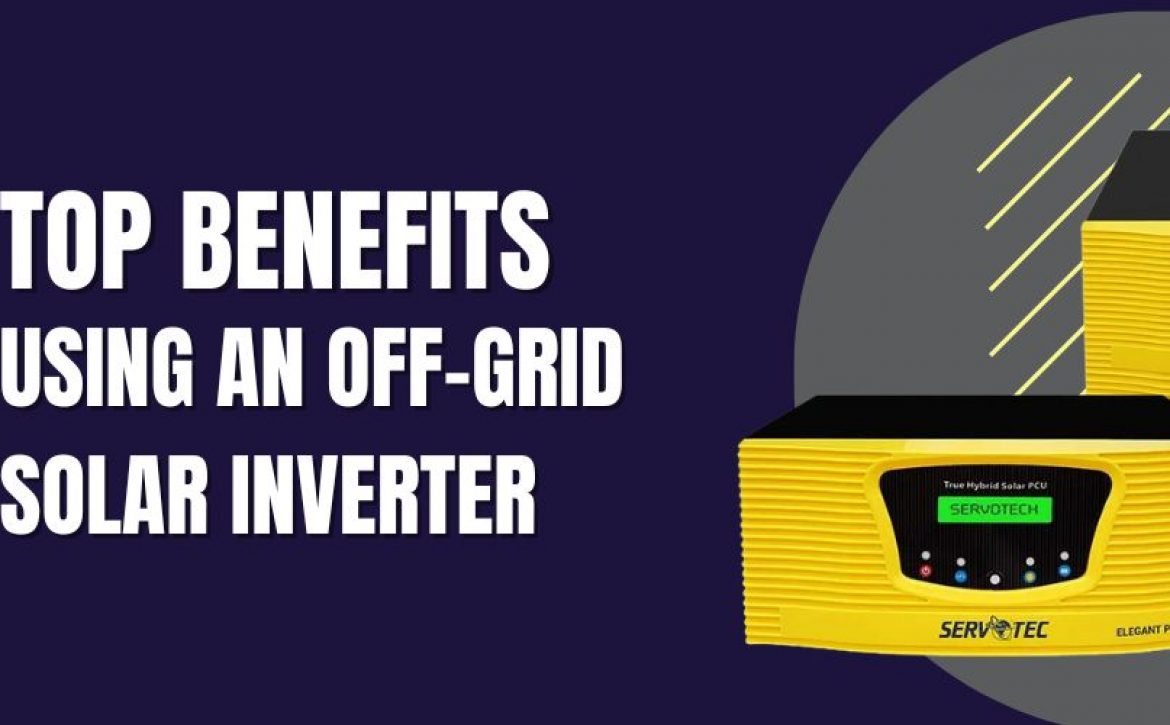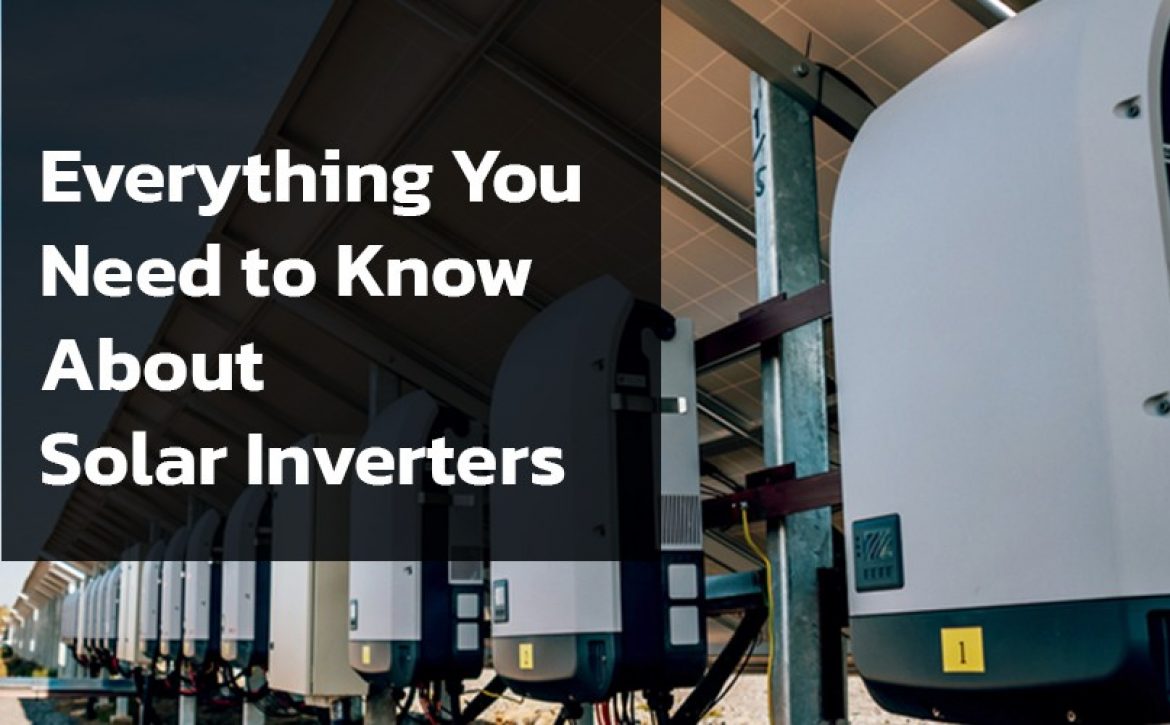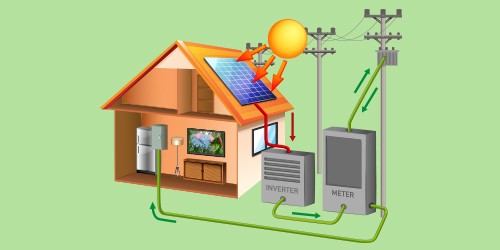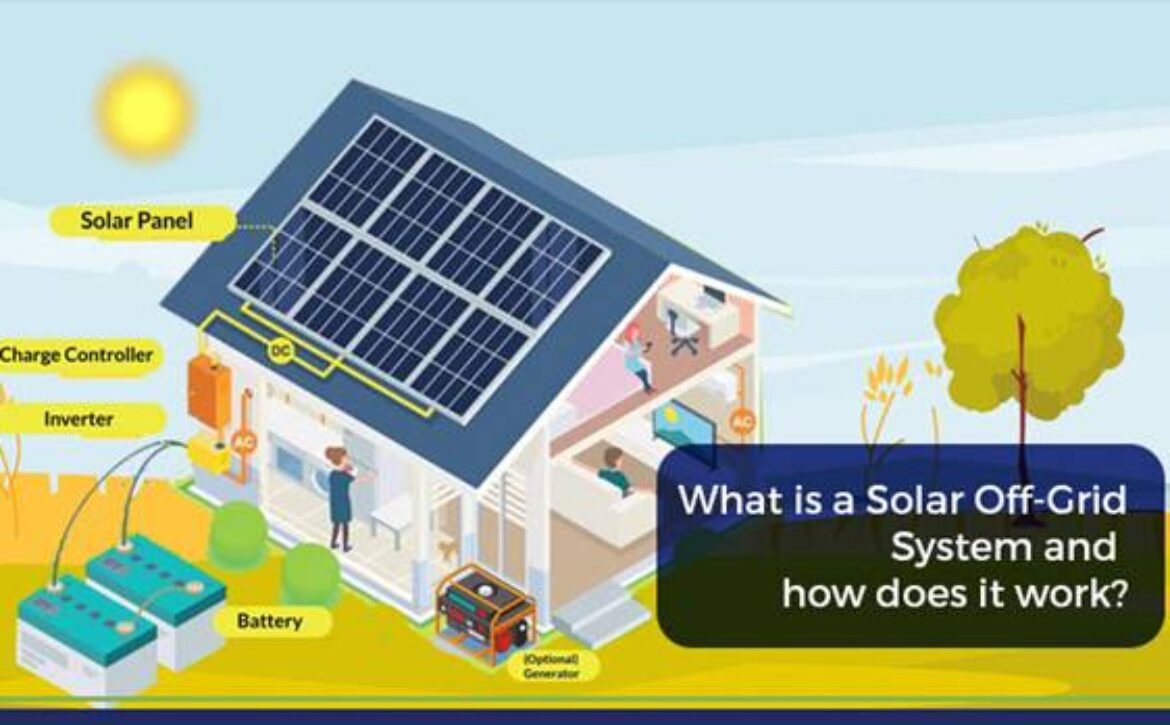Top 6 Hybrid Inverter Brands in India
In a country like India, where reliable power can often be a luxury rather than a given, the dream of uninterrupted electricity often feels just out of reach. But what if you could not only harness the sun’s abundant energy but also store it, ensuring your lights stay on, your fans keep spinning, and your business keeps running, even when the grid decides to take a break? That’s the powerful promise of a hybrid solar inverter – a game-changer for homeowners and businesses seeking true energy independence. What’s more, these intelligent devices don’t just offer peace of mind during outages; they actively work to significantly slash your electricity bills, making solar power an even smarter investment. As you navigate the exciting world of solar, choosing the right hybrid inverter is paramount, and to help you cut through the noise, we’ve compiled a list of the top 6 hybrid inverter brands making a real difference in India today.
Read more: What Makes a Solar Inverter ‘Smart’ And Why You Need One Now?
What is a Hybrid Inverter?
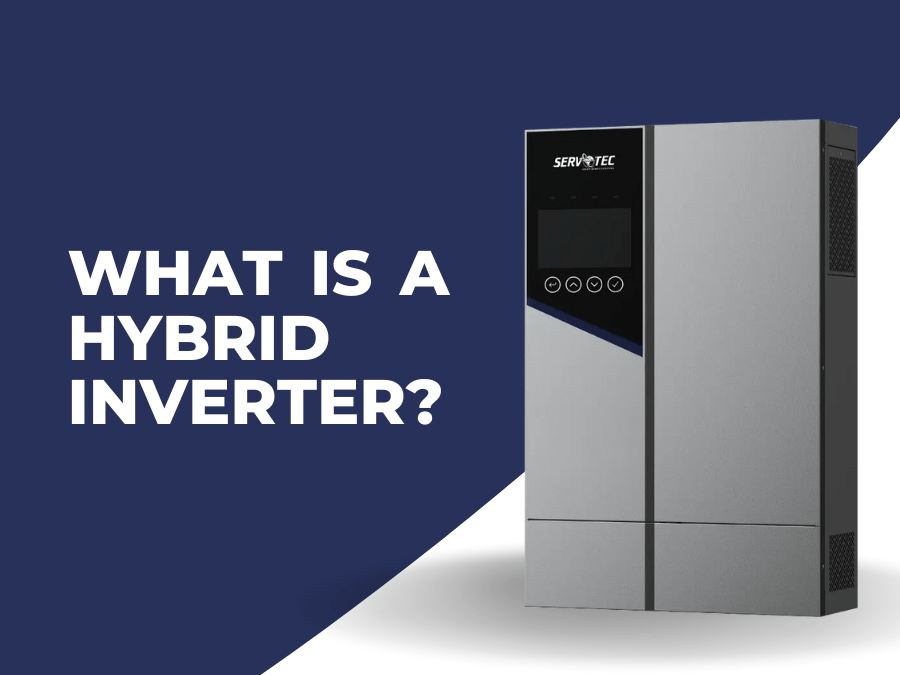
At its core, an inverter is the “brain” of any solar power system. It’s the device that converts the Direct Current (DC) electricity generated by your solar panels into Alternating Current (AC) electricity, which is what all your home appliances and the national grid use.
A hybrid inverter takes this a step further. It’s a sophisticated device that combines the functions of a traditional solar inverter, a battery charger, and a grid-tie inverter all into one integrated unit. This means it can intelligently manage power flow from multiple sources:
- Solar Panels: Directly convert sunlight into usable electricity.
- Batteries: Store excess solar energy for later use.
- Utility Grid: Draw power from or feed excess power back to the grid.
Essentially, a hybrid inverter acts as a smart energy manager, optimizing where your power comes from at any given moment to ensure efficiency and continuity.
How Does a Hybrid Inverter Work?
The magic of a hybrid inverter lies in its ability to seamlessly switch and prioritize power sources. Here’s a simplified breakdown:
- Daytime – Sunny: Solar panels generate DC electricity. The hybrid inverter converts this to AC power to directly run your home appliances. If there’s surplus power, it intelligently directs it to charge your connected battery bank. If batteries are full, the excess power can be exported to the grid (if net metering is enabled), earning you credits.
- Daytime – Cloudy/Low Solar: If solar generation isn’t enough to meet your home’s demand, the hybrid inverter can draw power from the grid or from your battery storage to make up the deficit.
- Nighttime: With no solar generation, the hybrid inverter primarily draws power from your charged batteries. Once the battery power is depleted, it seamlessly switches to draw power from the utility grid.
- Power Outage (Grid Failure): This is where hybrid inverters truly shine. When the grid goes down, a traditional on-grid inverter would shut off for safety reasons. A hybrid inverter, however, can disconnect from the grid and continue to power your essential loads using stored battery power and any available solar generation, providing crucial backup.
Why Choose a Hybrid Inverter Over Normal Solar Inverters?
The choice between a hybrid inverter and a traditional on-grid or off-grid solar inverter boils down to your energy goals and needs. Here’s why hybrid inverters often come out on top, especially in the Indian context:
- Seamless Backup Power: Unlike standard on-grid solar inverters that shut down during power cuts, hybrid inverters, combined with batteries, provide automatic and uninterrupted power supply, safeguarding your home or business from blackouts.
- Maximized Solar Self-Consumption: Hybrid inverters allow you to store excess solar energy generated during the day for use at night or during peak demand hours. This reduces your reliance on grid electricity and significantly lowers your electricity bills.
- Reduced Electricity Bills: By intelligently managing energy flow and prioritizing solar and stored battery power, hybrid inverters minimize your consumption from the grid, leading to substantial savings on your monthly bills. You harness more of your own free solar energy.
- Energy Independence: Gain greater control over your energy usage and reduce your dependence on unpredictable grid supply and fluctuating electricity prices.
- Smart Energy Management: Many hybrid solar inverters come with advanced monitoring capabilities, allowing you to track your energy production, consumption, and battery status via mobile apps or online platforms. This data helps you optimize your energy usage patterns.
- Flexibility and Future-Proofing: They offer the flexibility of both grid-tied operation (selling excess power) and off-grid capabilities (backup power). If you start with a basic solar setup, a hybrid inverter allows for easy addition of battery storage later without replacing your entire system.
Benefits of Hybrid Inverters beyond Just Power Backup
The advantages of a hybrid inverter extend beyond just ensuring you have lights during a power cut. They represent a significant step towards a more sustainable and financially savvy energy future:
- Significant Cost Savings: The ability to store and use your own solar power when grid electricity is expensive (e.g., peak hours) or unavailable is the primary driver of bill reduction. You generate free energy and consume it smartly.
- Environmental Impact: By maximizing the use of clean solar energy and reducing reliance on fossil-fuel-generated grid power, you significantly lower your carbon footprint and contribute to a greener planet.
- Enhanced Grid Stability (for India): For households facing frequent voltage fluctuations or load shedding, hybrid inverters provide a buffer, ensuring stable power delivery to your appliances.
- Increased Property Value: Homes equipped with modern solar solutions, especially those with battery backup via hybrid inverters, are increasingly attractive to potential buyers, adding significant value.
- Peak Shaving: For commercial establishments or homes with high peak-hour consumption, hybrid inverters can draw from batteries during these times, avoiding higher tariffs and reducing demand charges.
Top 6 Hybrid Inverter Brands in India
Now that you understand the immense value of hybrid inverters, let’s explore some of the leading brands that are empowering homes and businesses across India.
1. Servotech Renewable Power System

Servotech Renewable Power System stands out as a prominent Indian manufacturer offering robust and technologically advanced solar solutions. Their commitment to quality, innovation, and after-sales service has quickly positioned them at the forefront of the hybrid inverter market in India.
- Key Features & Offerings: Servotech’s sparkle series hybrid inverters are known for their high efficiency, wide operating voltage range, and intelligent battery management systems. They offer a range of capacities suitable for both residential and commercial applications. Many models come with advanced features like MPPT (Maximum Power Point Tracking) technology for optimal solar utilization, WiFi/IoT monitoring for remote management, and multiple charging modes to prioritize solar or grid. Their focus on durability and performance makes them a reliable choice for the demanding Indian climate.
- Why choose Servotech: Strong Indian brand presence, robust build quality, excellent after-sales support network, and innovative features tailored for diverse Indian energy needs. They are a go-to for those seeking a reliable, high-performance hybrid solution.
2. Luminous Power Technologies

A household name in India for power backup solutions, Luminous has successfully diversified into the solar segment with a strong portfolio of hybrid inverters.
- Key Features & Offerings: Luminous hybrid inverters are renowned for their reliability, user-friendly interface, and widespread service network. They offer models with intelligent load sensing, multiple battery compatibility (lead-acid and lithium-ion), and prioritization settings for solar, battery, or grid power.
- Why choose Luminous: Brand trust, extensive service network across India, and a wide range of products suitable for various budgets and energy requirements.
3. Microtek
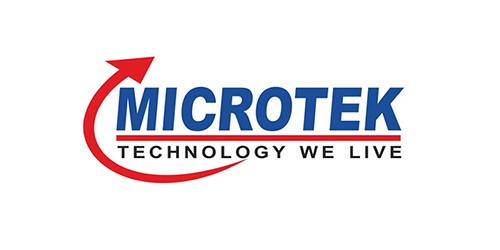
Microtek is another well-established brand in the Indian power electronics sector, known for its inverters and UPS systems. Their entry into solar with hybrid inverters has been well-received.
- Key Features & Offerings: Microtek hybrid inverters often boast high efficiency ratings and advanced battery charging algorithms to extend battery life. They focus on providing stable output and often include protection features against overload, short circuit, and reverse polarity.
- Why choose Microtek: Strong brand recognition, reliable performance, and a focus on essential features that cater to the average Indian household.
4. V-Guard
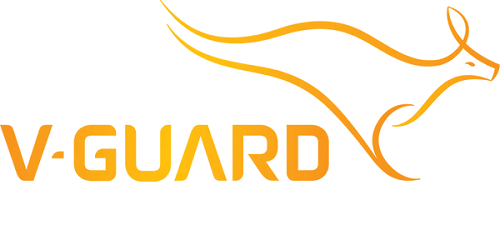
V-Guard, a prominent player in the Indian electrical goods market, offers a range of solar solutions, including hybrid inverters. They are known for their quality and durability.
- Key Features & Offerings: V-Guard’s hybrid inverters are designed to handle fluctuating grid conditions common in India. They typically come with features like intelligent battery charging, LCD displays for monitoring, and robust build quality to ensure longevity.
- Why choose V-Guard: Trusted brand for consumer electronics, durable products, and a growing presence in the renewable energy sector.
5. Su-Kam Power Systems

Su-Kam was a pioneer in the Indian power backup industry and continues to innovate in the solar space. Their hybrid inverters are designed for efficiency and performance.
- Key Features & Offerings: Su-Kam’s hybrid inverters often incorporate advanced DSP (Digital Signal Processing) technology for pure sine wave output, ensuring compatibility with all types of appliances. They focus on maximizing solar energy harvesting and providing efficient battery management.
- Why choose Su-Kam: Legacy in power backup, emphasis on advanced technology, and a reputation for high-quality products.
6. Livguard Solar
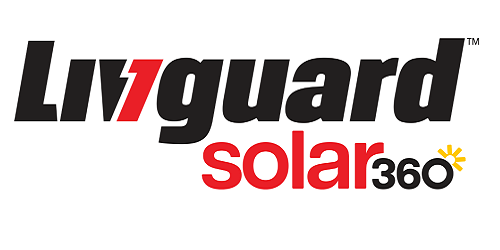
Livguard, a relatively newer but rapidly growing brand, has made a significant impact in the solar energy segment with its range of inverters and batteries.
- Key Features & Offerings: Livguard’s hybrid inverters are designed with modern aesthetics and smart features. They often include built-in MPPT charge controllers, customizable priority settings (solar, battery, grid), and advanced monitoring options.
- Why choose Livguard: Modern design, smart features, and competitive pricing make them an attractive option for new solar installations.
Making the Right Choice for Your Home
Choosing the best hybrid inverter depends on several factors, including your average power consumption, the frequency of power cuts in your area, your budget, and your future energy expansion plans. While all the brands listed above offer excellent solutions, it’s always advisable to:
- Assess your energy needs: Calculate your daily power consumption and identify critical loads you want to power during outages.
- Consider battery compatibility: Ensure the inverter supports the type and capacity of batteries you plan to use.
- Check for certifications and warranty: Look for products with relevant Indian and international certifications and a comprehensive warranty.
- Read reviews and seek local advice: Gather insights from other users and consult with local solar installers for recommendations tailored to your specific location.
Investing in a hybrid solar inverter is an investment in energy independence, peace of mind, and significant long-term savings on your electricity bills. By choosing a reputable brand from this list, you’re taking a smart step towards a sustainable and empowered future for your home or business in India.
Read more: List of Top Solar Inverter Manufacturers in India

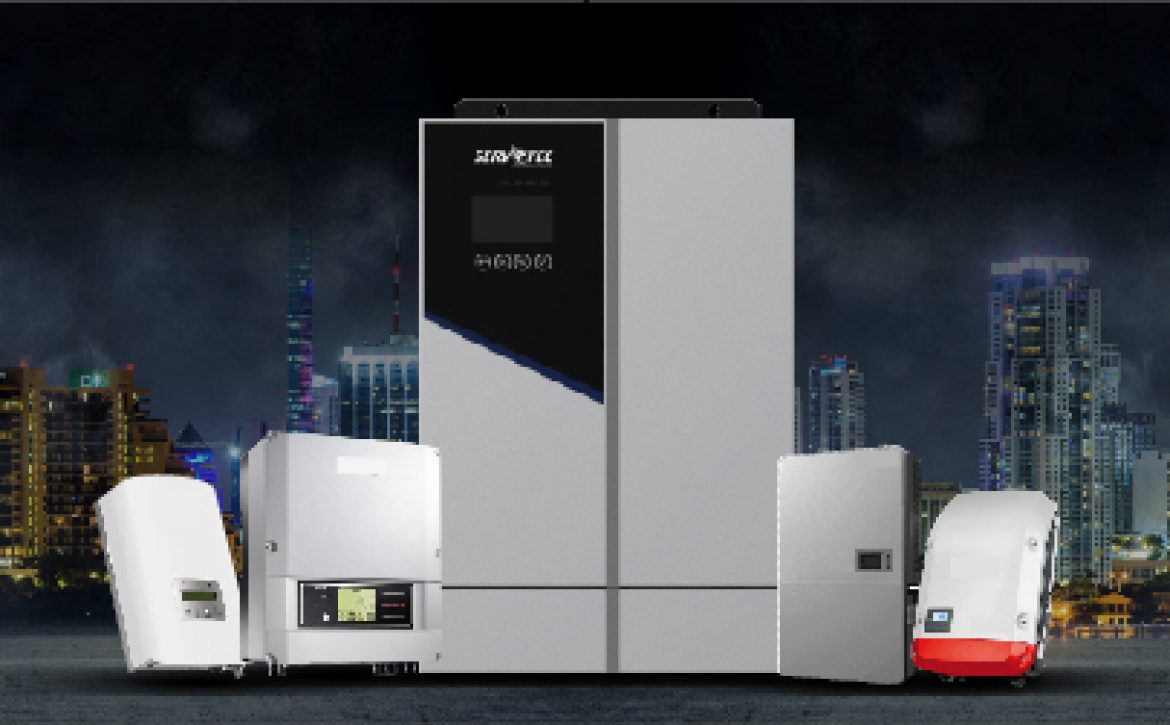
 Get Quote
Get Quote